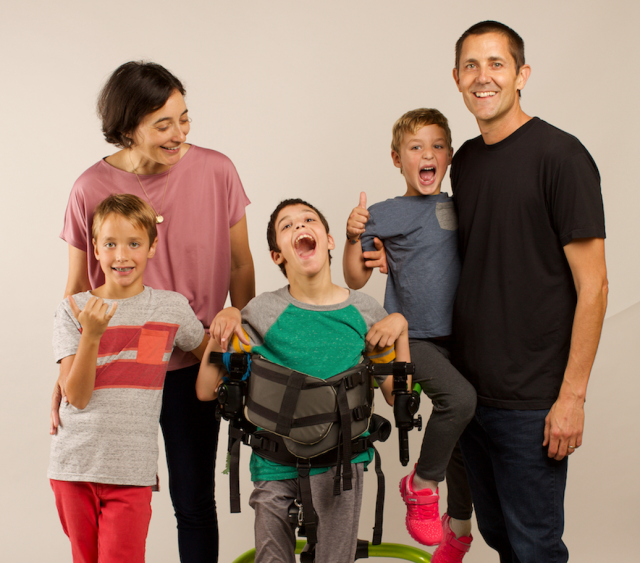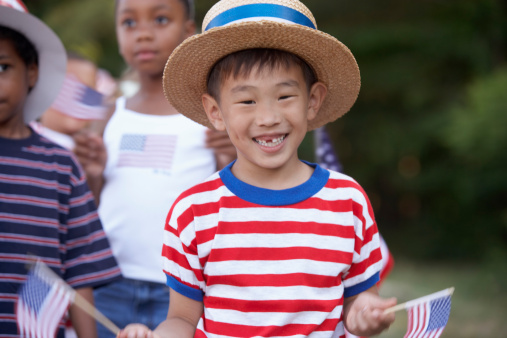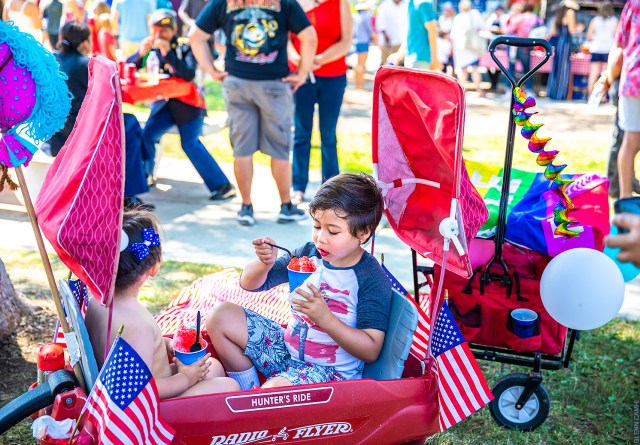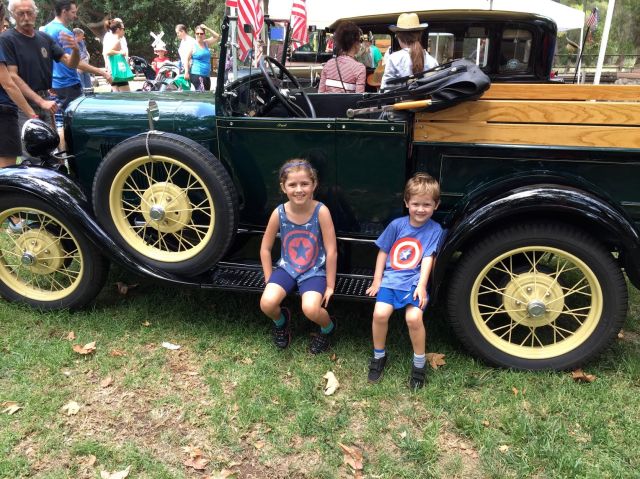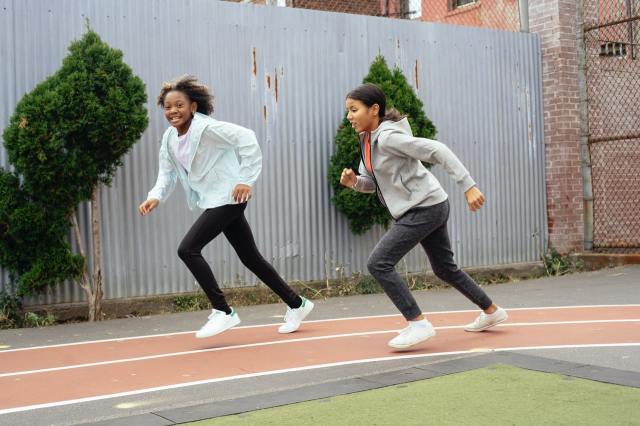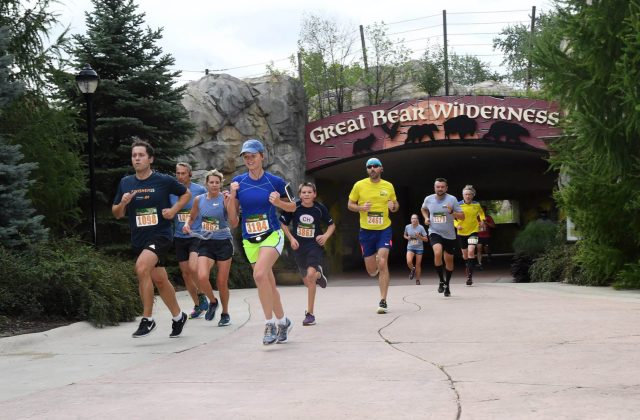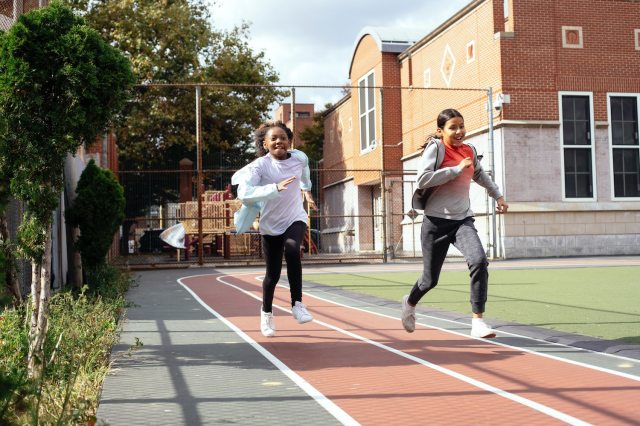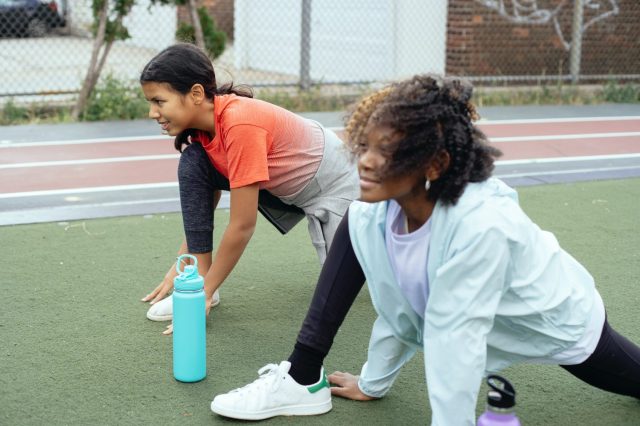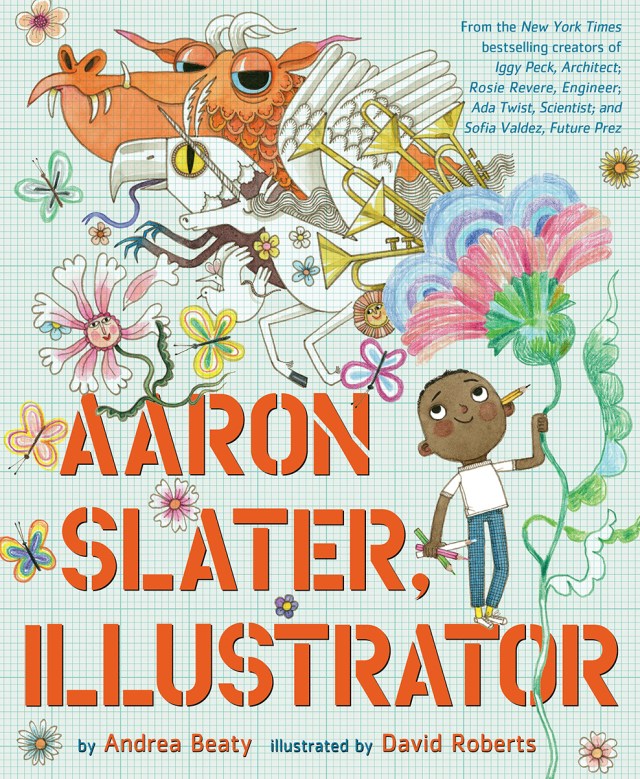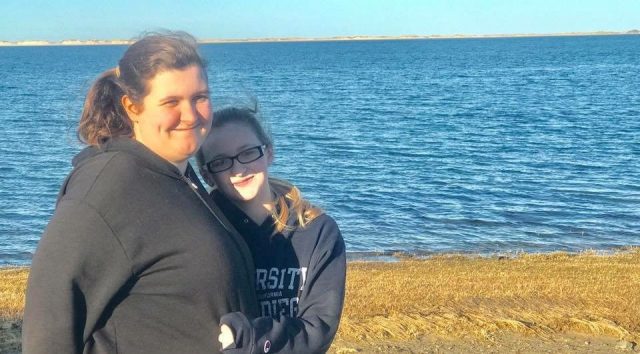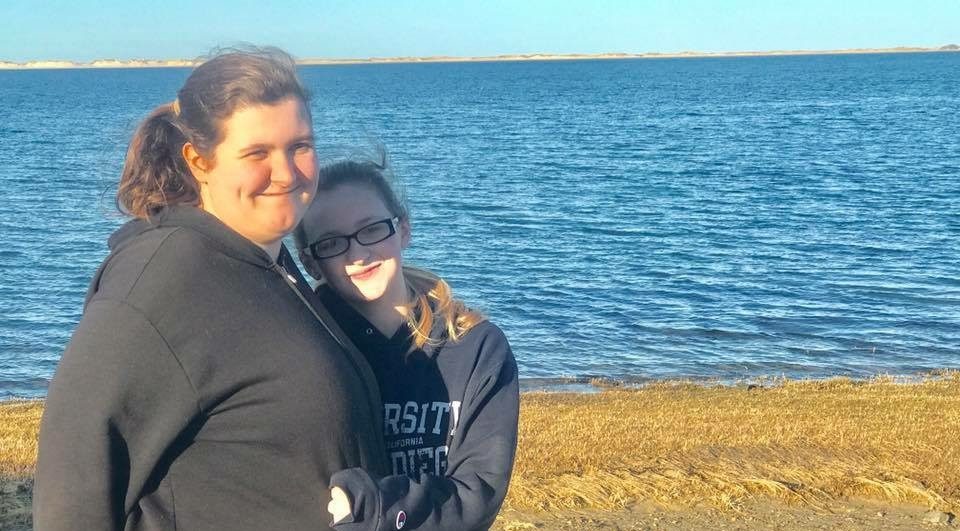Though challenging at times, parenting is truly our greatest activism. With the right framework and solid support, we can raise kids who are aware of social struggles, optimistic about the future of our society, and equipped to manifest a better vision of our world. As described in Race, Class, and Parenting: 7 Strategies for Raising Sensitive, Confident, and Loving Kids, incorporating a stronger social justice perspective into parenting is essential to raising confident, empathetic children who are prepared to lead our diverse, global society. Luckily, we’ve got 10 straightforward strategies for raising kids that will help parents do exactly that.
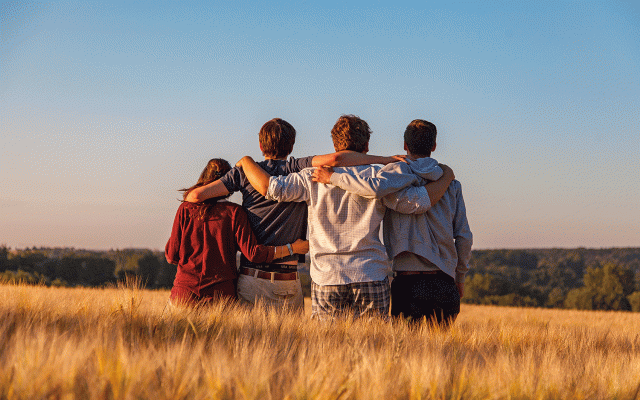
Strategy 1: Commit to Doing Things Differently
While most people are quick to state their values, raising children who feel good about who they are, love all different kinds of people, and respect different worldviews is not mainstream. Our society has long been based on the premise of inequity, and we have to actively engage in social justice parenting to protect our children from defaulting to biased opinions. Make a personal commitment to doing things differently. Develop a vision of the world that you believe in, and determine your unique purpose to bring that about as an individual, and then collectively as a family. Communicate with your children about what you believe the world should be like and why. Set goals and demonstrate your beliefs through regular and consistent acts of kindness, service, or advocacy as a family.
Strategy 2: Be Vulnerable
In dedicating yourself to a lifestyle of growth and love, you have to make yourself vulnerable. All of us have preconceived notions. We are socialized to draw quick conclusions about other people. Parenting from a social justice perspective means we have to be willing to acknowledge areas where we have biases and limitations. We need to be vulnerable enough to admit that our exposure is often very limited, and we are not truly in a position to make judgments about the lives and experiences of others. What we can and should do is suppress our inclination to judge, approach new people and experiences with open-mindedness, and focus on our common humanity. Be transparent about your journey to becoming more informed and compassionate so that your children can learn from your example of humility and vulnerability.
Strategy 3: Find Support
In pursuing any kind of goal, we need support, and this is especially the case with parenting goals. We need support from people that know and love us. We need to be able to comfortably share our vision for our family and our society with people we trust. We need to be able to ask questions and get feedback in safe spaces. We need people who are going to keep us accountable and lovingly call us out when we make mistakes. Develop your tribe, and lean on them to help you figure things out.
Strategy 4: Make New Friends
To raise truly open-minded kids, we also need mentorship and support from people who are different from us. According to a 2014 study published in the Washington Post, Americans struggle to develop friendships with people of different ethnicities. The average white American has only one black friend out of every 100 friends she has. Of 100 friends, 91 are white and only nine are of other races. The average black American does not have a single Asian friend for every 100 friends. Of 100 friends, 83 are also black, eight are white, and two are Latino. We just aren’t doing as well as we think with diversity. We need to place a higher value on diversity, and we need to develop friendships with people of different races, religious beliefs, ages, socio-economic levels, and abilities. Consciously diversify your social network. As you initiate this process, realize that friendship is about reciprocity. Be prepared to share and teach as much as you hope to receive and learn.

Strategy 5: Eliminate What Does Not Help You Evolve
We all need to be conscious of the content that we consume because there is so much negative media that can be distracting and discouraging to us as parents. Besides media content, there are several types of people in our lives who can stifle our social justice parenting. The most harmful person to your process may be the person who cannot acknowledge systematic imbalances in our society or who chooses to excuse injustice. These are often people who do not go out of their way to harm anyone, but their worldview and satisfaction with the status quo are unjust. You may have to limit or eliminate these influences to protect your vision for your community. It is your right and responsibility to protect your children’s sense of self and their instinct to love.
Strategy 6: Teach Your Children to Be Curious, Not Judgmental
It is quite an accomplishment to raise children who are curious rather than judgmental. We can do this by giving our kids more diverse and immersive experiences. Take your kids to eat new foods! Travel to foreign countries (and actually leave the resort)! Take them to concerts to experience different kinds of music and dance! Encourage them to learn new languages! You can also model positive curiosity for them by the way you comment about different people:
"That's a pretty scarf she is wearing...I wonder if it has a special meaning."
"I wonder what language they are speaking...it sounds cool."
"I have never seen that food before...I wonder how it tastes."
"Her hair looks really pretty. I wonder how long it took her to style it that way."
Teach your kids that encountering someone different is a blessing because it is an opportunity to learn. Impart the value of humility, and develop their thirst for new experiences.
Strategy 7: Be More Specific and Intentional with Your Language
To help our children avoid stereotyping, we need to be more specific when we talk about social groups and avoid generalizations. We also need to correct our kids when they default to generalizing—even when their generalizations don’t seem “negative.” Not every young black man was raised without a father. Not every Muslim is a terrorist. Not every Asian is a first-generation violin prodigy. Not every Spanish-speaking person is from Mexico. Not every white person experiences economic privilege. Not every Jewish person is leveraging power in business. Having a physical or learning disability is not an indication of intelligence. If we want to teach our children to judge and treat people by the content of their character, then we have to eliminate the myth of racial and social homogeneity. By being specific with our words, modeling critical thinking, and creating the expectations that our kids do the same, we'll be teaching our kids to be more sophisticated in the way they think about race, class, ability, and culture.
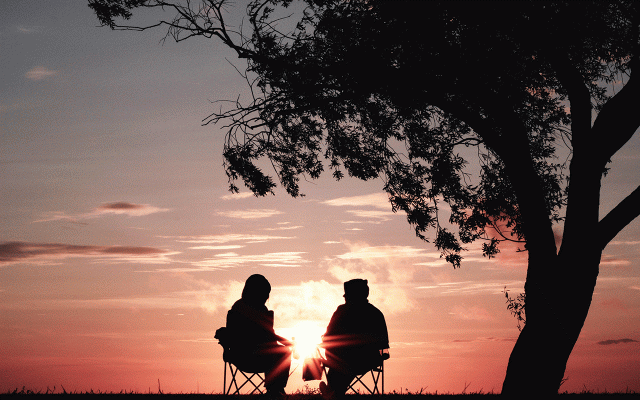
Strategy 8: Be Thoughtful When Talking About Specific Instances of Injustice
Well-intentioned parents can unintentionally perpetuate bigotry in the minds of their children by over-sharing stories of social injustice or by failing to provide sufficient context for these stories. While young children can and should begin to learn about fairness and justice, you need to be considerate of the age and development of your child when you discuss acts of injustice. If your child cannot process this abuse or violence, there is a risk of traumatizing young children with stories of police brutality, concentration camps, and slavery. Use common sense and discretion when sharing this information. Moreover, make sure you have plenty of context before you introduce narratives of social injustice. For example, your children should have access to many different kinds of books, toys, and movies about the plethora of African American experiences before you begin to talk about slavery and the Civil Rights Movement. It is dehumanizing to only share stories of hardship and disempowerment for a social group, and you will likely impose a social hierarchy in your child’s mind that is the opposite of what you intend.
Strategy 9: Acknowledge Privilege and Frame Disadvantages Responsibly
We usually consider life through the lens of our own disadvantages. If we are healthy, we may still distort our experiences through the prism of being a minority. If we are wealthy, we may still distort our experiences through the prism of our sexual orientation. These are choices that we do not always make consciously, but we need to be more aware that our privilege is relative, not absolute. Every individual has privileges and disadvantages to negotiate. We need to learn—and then teach our children—to acknowledge our privileges and frame our social disadvantages responsibly. Teach your children to understand who they are in society, but train them to be deliberate in processing their disadvantages. This will help them to have a grateful heart and compassion for others. Teach your children to see the options, capacity, and responsibility in different forms of privilege, and empower them to leverage their privilege on behalf of others.
Strategy 10: Give Yourself Grace
The final strategy is to give yourself grace. We are human. We make mistakes. We get distracted. We get discouraged. As you make mistakes, show resilience and the ability to renew your commitment because that is the most powerful demonstration of all. Your children will learn to be patient with themselves, to stay committed to growth, and to be dedicated to a lifestyle of love.








